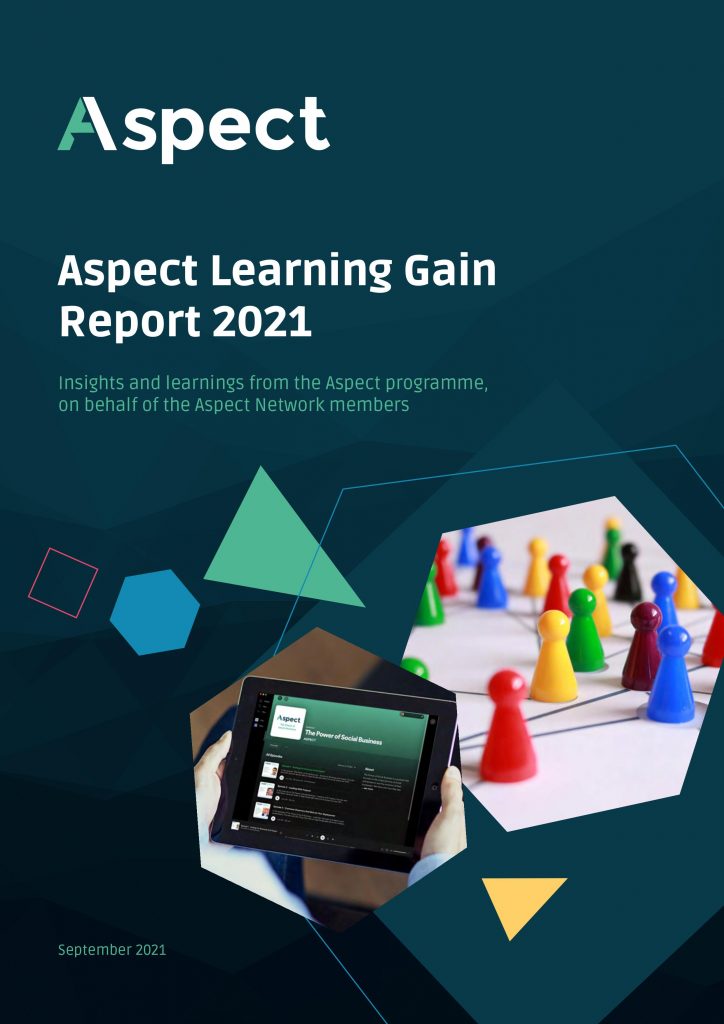In its first year, the Aspect consortium focused on establishing the foundations of the programme, to ensure productive working relationships across the membership and develop a collaborative and ambitious programme of activity. In year two, priorities included the launch a funding scheme for collaborative projects, the launch an Associate Membership model to extend the network benefits to more institutions, and increasing engagement with the social sciences innovation community via a newsletter, annual event, and development of assets for the website. In its final year of Wave 1 CCF funding, the focus has been on the delivery of the funded projects, dissemination of the learnings and resources, production of good practice toolkits, and sustainability planning for the next phase of Aspect.
Data for this report comes from an all-member survey, interviews with selected members, and insights from the funded activities. This annual report sits alongside the Aspect Learning Report 2020, which focused on early learnings from Aspect, and complements the Aspect Toolkit, which details how-to guidance generated by the members and CoPs. The audience for this report is the Aspect Steering Group (SG), Operations Group (OG), Brokers, and CoP members from the seven founding members and (at present) 15 associate members, Research England, the Aspect Advisory Board and the broader public.






